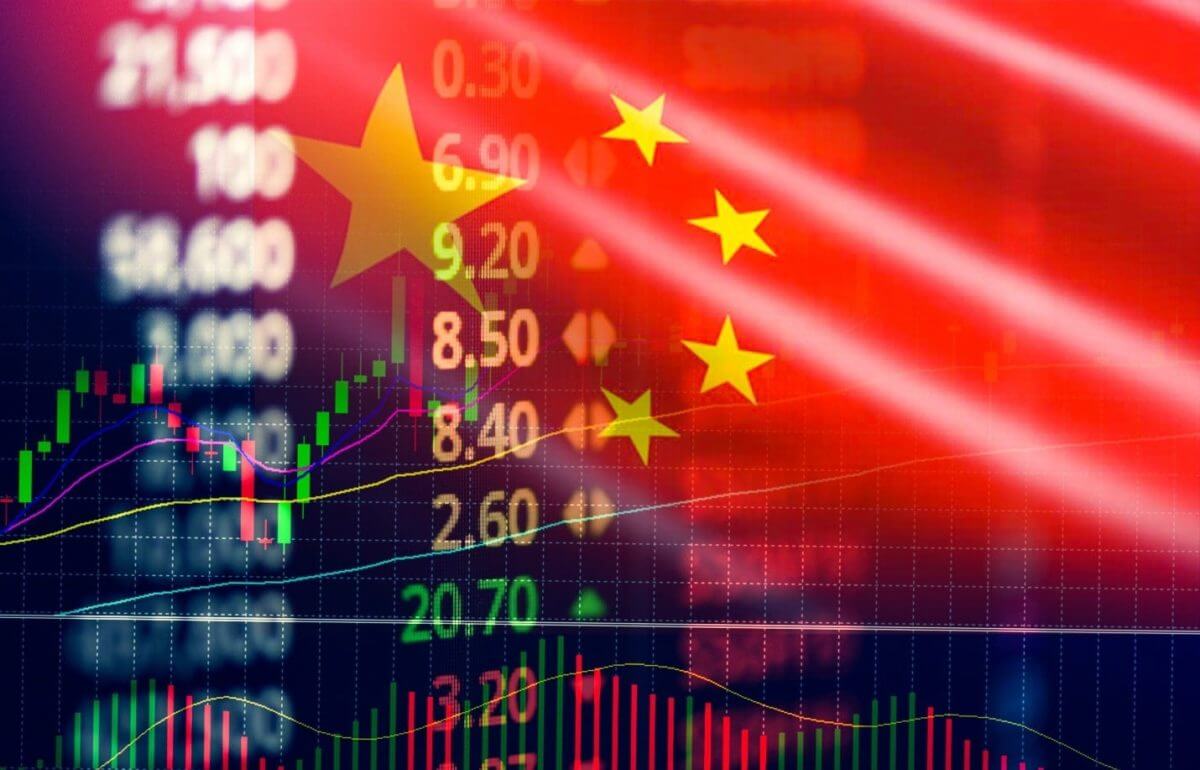
How China Plans to Control its Powerful Companies
The country’s most powerful companies like Didi, Alibaba, and Tencent are suddenly under huge scrutiny as China plans to take measures against local companies that list on U.S. exchanges. The government’s decisions could upend a $2 trillion market loved by some of the biggest American investors.
China is stepping its oversight on the flood of Chinese listings across the ocean, which are overwhelmingly tech companies. The State Council decided to update the rules regarding the overseas listing system for local enterprises. The crackdown against the tech industry is not a new trend. But because China has the ability to move quickly, any decision could affect main areas on Wall Street.
It could not only jeopardize the IPO’s in the pipeline but could also pressure the popular Chinese ADR market. ADR stands for American depository receipt and they are effectively a way for American investors to buy stakes in foreign companies. American investors will have to weigh the risks of owning ADRs due to tensions between China and the U.S.
There were 248 companies from China listed on three main U.S. exchanges with a total market cap of $2.1 trillion. The Invesco Golden Dragon China ETF lost a third of its value from its February peak due to regulatory pressure. It tracks U.S.-listed Chinese shares consisting of ADRs of companies that are headquartered and incorporated in mainland China.
Meanwhile, Nasdaq-listed Weibo plans to go private amid the tech crackdown in the country. The crackdown on Jack Ma’s business empire followed his public criticism of regulators in a speech in October.
China and initial public offerings
Authorities are eyeing a rule that would allow them to block a local company from listing in the U.S. even if the division selling shares is incorporated outside of the country. The China Securities Regulatory Commission is leading efforts to alter rules regarding overseas listings.
Once modified, the rules would require companies structured using the so-called Variable Interest Entity model to seek approval before going public in Hong Kong or the U.S.
The proposed change is the first signal of how China plans to execute a crackdown on overseas listings. This move has the chance to create serious challenges for many companies. Last year, 30 China-based IPOs raised the most capital in several years. There could be fewer and slower new listings in the U.S. due to the regulatory crackdown initiated by Chinese regulators.
-
Support
-
Platform
-
Spread
-
Trading Instrument




